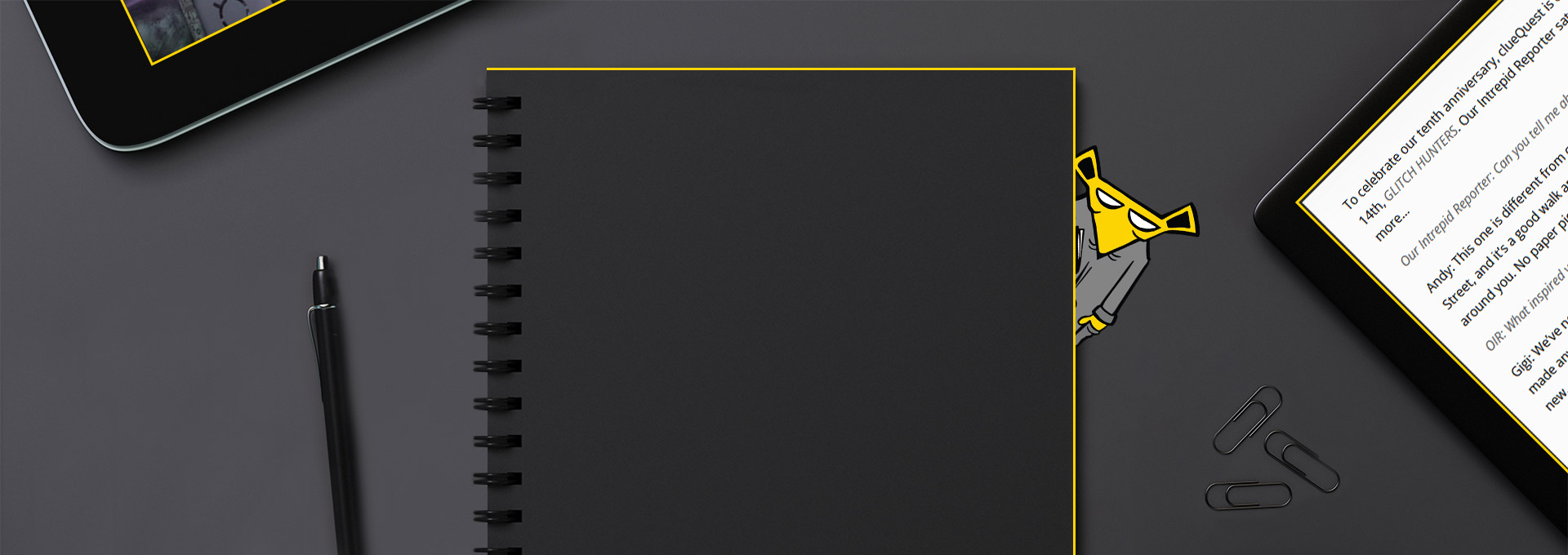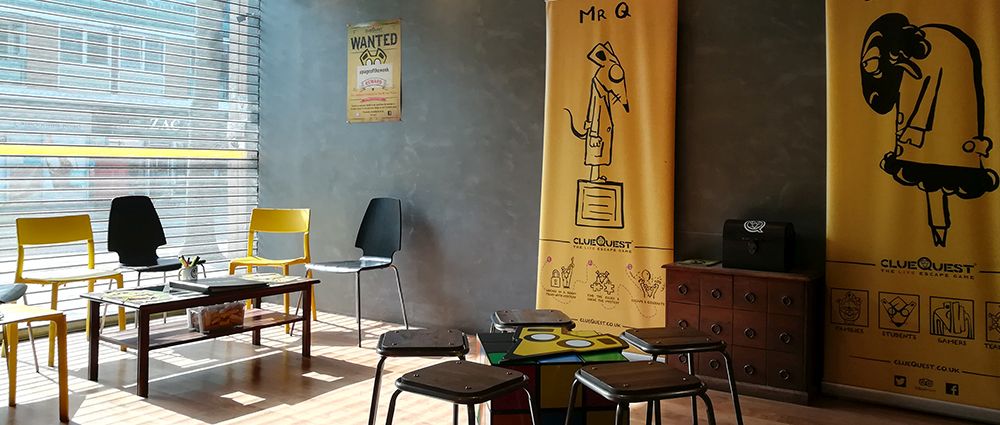“During my course,” said Lindsey when we last spoke, “I began to see an intersection between human behaviour and escape rooms… I thought escape rooms could provide an opportunity to study behaviour in a unique way that could be applicable to workplace environment decision making and problem-solving.”
Participants in Lindsey’s research were divided into groups, fitted with cameras and put through one of our 60-minute missions, after which their soft skills - such as teamwork, problem-solving, communication, and leadership - were analysed against their overall results, to see if the skills which led to success were indicative of those necessary in the workplace.
The research indicated a clear pattern of highly-prized professional skills amongst the best performing teams:
-
Leadership - Leadership style separated the high performing teams from the low performing ones. Teams with managerial leaders were, on average, twice as fast at task completion as teams with authoritative leaders.
-
Communication - Groups that failed to demonstrate balanced and efficient communication averaged a task completion time which was 46% slower than those that did.
-
Task allocation - Teams marked as low performing wasted four times the amount of time that high performing teams did due to unstructured task allocation.
“During interviews, the participants found many similarities between the escape room exercise and their experience at work,” said Lindsey.
Not only did they find themselves drawing on similar skills that they use in the workplace, they also found themselves falling into recognisable dynamics. Some said they found it easier to work with participants they knew, whereas others said working with people from other departments brought a different perspective to their approach. The participants came from diverse backgrounds with different occupations.
Professor Saadi Lahlou, who supervised the research, kindly provided his own take on the findings: “Lindsey Depledge’s preliminary results are very promising,” he says.
They require further research to be confirmed on large samples; however, we can already say that:
-
Escape rooms can be powerful settings to explore problem-solving and group work in a naturalistic way, with “real people” (e.g. not students);
-
We now have a methodology to evaluate systematically the efficiency of types of leadership, group organization, communication, participants’ style and more generally variables relevant to workplace collaboration;
-
The method allows participants to have reflexivity on their problem-solving strategies and therefore to learn and improve their skills in a setting that is also entertaining. This opens great avenues for training.
The findings came as music to the ears of our Head of People, Eszter, for who the research confirmed her existing intuition. She has, after all, spent the last two years developing The clueQuest Assessment Programme (CAP), the first professional assessment methodology to be carried out within an escape room environment:
As the workplace becomes increasingly enriched in technology - from Artificial Intelligence to automation - the desired skill-set of the future is shifting towards key human skills that will complement these abilities, like problem solving, creativity, and critical thinking… We are excited that this research proves that escape rooms really are a fun yet highly effective way of observing how people solve problems, work together and lead.
Lindsey intends to elaborate on her research as part of a doctorate programme in the near future. You can read LSE’s own news about her findings by clicking here.
If you’d like to contact Lindsey directly to hear more about her research, her information is below. She is available for press interviews (press) and to give more information about CAP (clients).
Lindsey Depledge | Behavioural Assessment Programme Manager & LSE Researcher
M: +44 7853 959449


